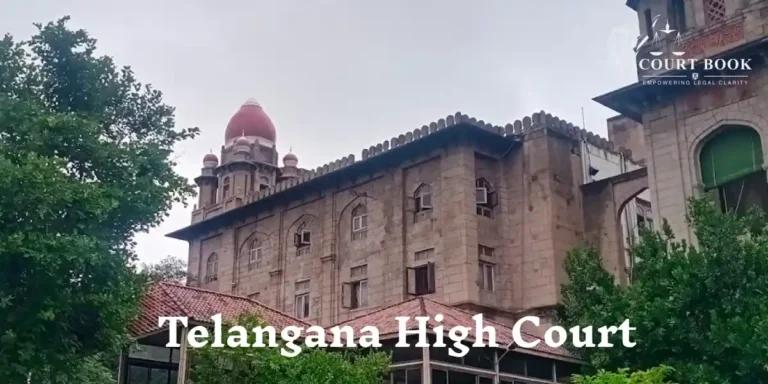In a significant relief for a group of road transport employees caught between two states, the Telangana High Court has quashed the repatriation orders that sent Andhra-based drivers and conductors back to Telangana. The judgment, delivered by Justice A. Rajasheker Reddy, held that the orders were premature and discriminatory, given the incomplete bifurcation of the Andhra Pradesh and Telangana State Road Transport Corporations (APSRTC and TSRTC).
Read also:- Kerala High Court Upholds Bribery Conviction of Former Village Officer, Reduces Jail Term Citing Age
Background
The case involved several employees drivers, conductors, and shramiks who were originally recruited in the Telangana regions before bifurcation but later worked in Andhra Pradesh on deputation. In 2016–2017, the depot managers of APSRTC issued orders directing them to return to their “parent regions” in Telangana.
The employees contended that such repatriation was arbitrary because the official division of staff between APSRTC and TSRTC was still pending. “We are willing to even lose seniority if that helps us continue in Andhra Pradesh,” their counsel argued, emphasizing that no final notification of bifurcation had yet been issued.
The APSRTC, on the other hand, maintained that deputation was temporary and that the employees had no vested right to remain in Andhra Pradesh. It stated that the corporation already had surplus staff, forcing it to send deputed workers back to Telangana.
Read also:- Calcutta High Court Orders Hindustan Copper to Disclose Assets in 100-Crore Arbitration Row with
Court’s Observations
Justice Reddy noted that the issue of staff bifurcation had “not been resolved so far,” and that no guidelines had been issued regarding cadre allocation. The bench recalled an earlier ruling from 2017 in a similar case, where it was clarified that until bifurcation was finalized, both corporations must continue deputations to avoid unjust treatment.
“The intention of APSRTC,” the court observed, “was always to continue deputations till the division of cadres is complete. Merely because a person was recruited in a zone that now falls under Telangana cannot, by itself, determine his future posting.”
The court also referred to multiple internal notifications issued by both APSRTC and TSRTC that extended deputation periods year after year, highlighting how the matter had been administratively delayed. The judge remarked that issuing selective repatriation orders “without a uniform basis” amounted to discrimination among employees in similar positions.
Read also:- Telangana High Court Rejects Plea to Dismiss Land Sale Suit, Says 'Termination Notice Validity a Matter
Decision
Setting aside the repatriation orders, the High Court ruled in favor of the petitioners. The judge declared that the transfer orders issued by depot managers lacked legal standing as the overarching bifurcation process remained unresolved.
“In view of the above facts and circumstances,” Justice Reddy stated, “the impugned proceedings issued by the Depot Managers are set aside. All writ petitions are allowed.”
No order was passed on costs, and any pending miscellaneous petitions were disposed of accordingly.
Case: Vision Family Salon and Spa vs Principal Secretary, Home Department & Others
Court: Telangana High Court
Bench: Hon’ble Justice A. Rajasheker Reddy
Type of Case: Writ Petition (Batch of similar petitions)
Petitioners: Employees working as drivers, conductors, and shramiks in APSRTC (on deputation from Telangana regions)
Respondents: APSRTC, TSRTC, and State authorities
Date of Judgment: 25 October 2025













